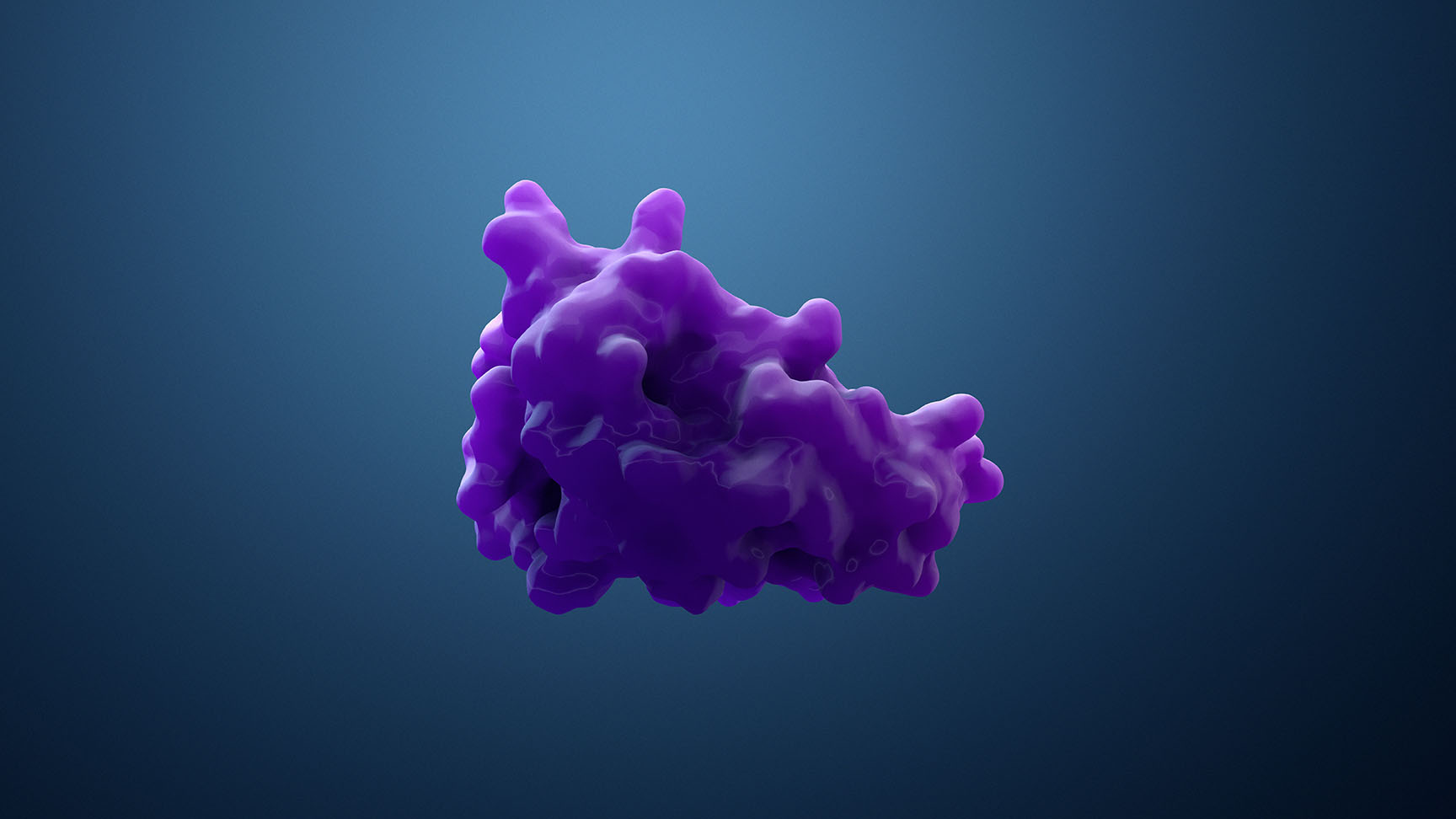
enzyme
Definition
Enzymes are proteins that help living things to do things. They are like tiny machines that speed up chemical reactions in the body.
Enzymes are found in all living things, from plants and animals to bacteria and viruses. They are involved in many different chemical reactions, including digestion, metabolism, and cell division.
Enzymes work by binding to specific molecules and then catalyzing their reaction. This means that they speed up the reaction without being changed themselves.
Enzymes are very important for life. Without enzymes, many of the chemical reactions that are essential for life would not happen at a fast enough rate.
How can the word be used?
The digestive system uses enzymes to break down food.

Different forms of the word
Noun: enzyme.
Adjective: enzymatic.
Synonyms: catalyst, ferment.
Antonyms: inhibitor.
Etymology
The word "enzyme" comes from the Greek words en (in) and zyme (leaven). It was first used in English in the 19th century, and it is still used today to refer to proteins that catalyze chemical reactions in living organisms.
Question
What do enzymes do?